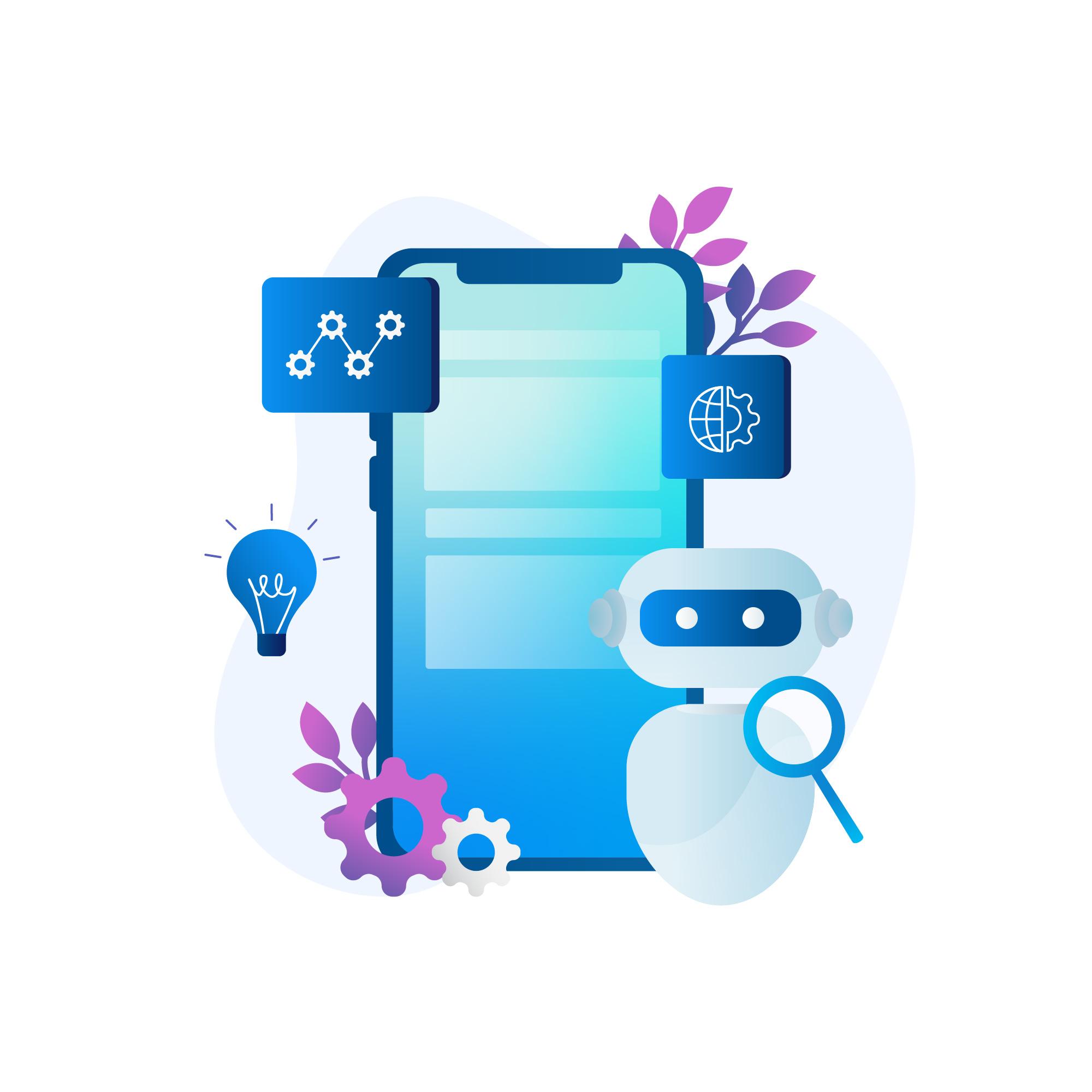Artificial Intelligence (AI) has emerged as a game-changer in the business world, revolutionizing traditional operations and opening up new avenues for growth and efficiency. By harnessing the power of machine learning, natural language processing, and automation, AI is transforming the way businesses operate. In this article, we will explore the profound impact of AI on various aspects of business operations, highlighting the key benefits and challenges that arise in this digital era.
Impact of Artificial Intelligence on Business Operations
Streamlining Operations:
One of the most significant impacts of AI on business operations is streamlining and automating repetitive tasks. AI-powered technologies can handle data entry, report generation, and other mundane activities, freeing up human resources to focus on higher-value tasks. For instance, AI-powered chatbots can efficiently handle customer inquiries, reducing response times and improving customer satisfaction. Supply chain management is another area where AI shines, optimizing inventory levels, predicting demand, and improving logistics.
Enhancing Decision-making:
AI has transformed decision-making processes by providing businesses with data-driven insights and predictive analytics. This enables companies to make informed decisions quickly and accurately. For example, AI-powered recommendation systems can offer personalized product suggestions to customers based on their preferences and browsing history, leading to increased sales and customer engagement. Furthermore, AI algorithms can analyze market trends, competitor activities, and customer feedback to help businesses adapt their strategies and stay ahead of the competition.
Improving Customer Experience:
AI development companies play a crucial role in improving the customer experience. Natural Language Processing (NLP) empowers businesses to interact with customers through chatbots and virtual assistants, offering instant support and personalized experiences. AI-powered sentiment analysis analyzes customer feedback and social media conversations, enabling businesses to gauge real-time customer satisfaction and sentiment. This information enhances products, services, and the overall customer experience.
Challenges and Considerations:
While the impact of AI on business operations is overwhelmingly positive, it is not without its challenges. With AI systems relying on vast amounts of data, businesses must ensure proper data protection measures and comply with regulations to maintain customer trust. Ethical considerations also come into play when implementing AI, particularly in areas such as algorithmic bias and job displacement. It is essential for businesses to address these concerns proactively and establish transparent and accountable AI practices.
Conclusion:
Artificial Intelligence services have revolutionized business operations, driving efficiency, productivity, and innovation. From streamlining operations to enhancing decision-making and improving customer experiences, AI has become an invaluable tool for businesses across industries. However, as businesses embrace AI, they must also navigate the associated challenges, such as data privacy, ethics, and potential job displacement. By adopting responsible AI practices and leveraging its transformative potential, businesses can position themselves for success in the ever-evolving digital landscape.
